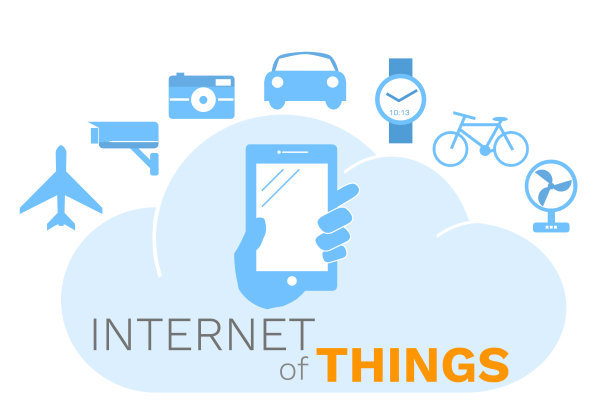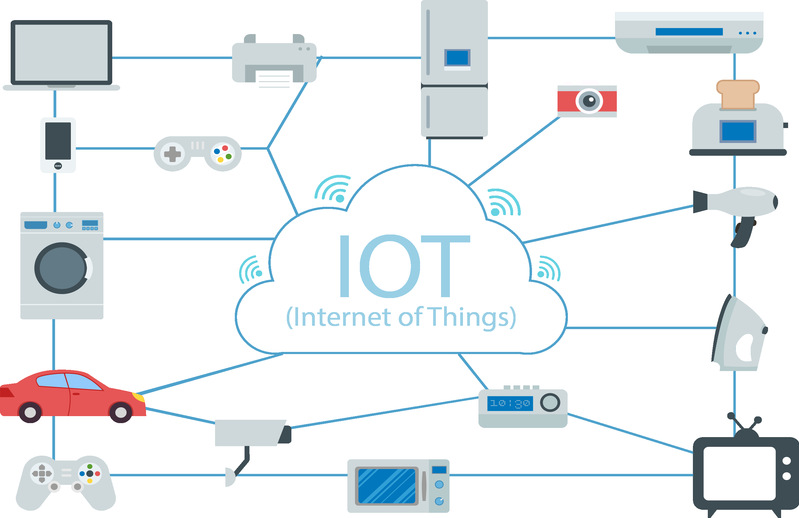As an emerging national strategic industry, electronic information develops vigorously nowadays. There is a great demand and vast development space in the near future. This major shall be an interdisciplinary combination of information, electronics and electric, which are characteristic for its practicability and theoretic research.
School system and degree: four years of schooling, bachelor of engineering.

Training objectives:
This major trains senior professionals in system design, systems analysis, and technology development and research in field of Internet of Things. Undergraduates are able to conduct scientific research, technology development, teaching and management in the fields of communication, sensor networks and electronic information processing, and graduates are engaged in research, design, development, system integration and management in the field of information industry, they are able to track new theories, new knowledge, new technologies and strong innovative practice in their professions.
Professional Features:
Relying on transportation discipline, the faculty hosted the National IoT Major Demonstration Project, won the first prize of Shaanxi Science and Technology, and obtained a number of national invention patents.
Adapted to the teaching research orientation quality, 12 full-time teachers have middle and senior professional titles, 10 teachers with doctoral degrees.
By cultivating innovative and competitive culture as a driving force, in the past two years, the students have gained more than 20 awards from national and provincial Internet of Things students' innovation competitions, and 1 star teacher title in Chang’an University.
A talent training model system is set up, based on school-enterprise cooperation, close contact with well-known Internet of Things companies in China and construction of a number of off-campus training bases.

Main Courses: Introduction to IoT Engineering, Embedded Systems, RF and RFID Technologies, Wireless Sensor Networks, IoT Principles, IoT Security, Signals and Systems, Data Structures, Computer Composition Principles, Computer Networks, Operating Systems, etc.
Student development prospects:
Employment: The employment goes widely. Graduates mostly work in key national industries like intelligent transportation, intelligent power, intelligent buildings, intelligent agriculture, intelligent medical care, environmental protection, public safety, cultural relics protection, etc. The employment areas are mainly distributed in major provincial capitals.
Postgraduate research: There has high rate for postgraduate recommendations and examination-free entrance. Graduates can continue to pursue postgraduate studies in the fields of IoT architecture, technical standards, information security, data mining, etc., and can also study communication engineering, network engineering, integrated circuit design and microsystem.


